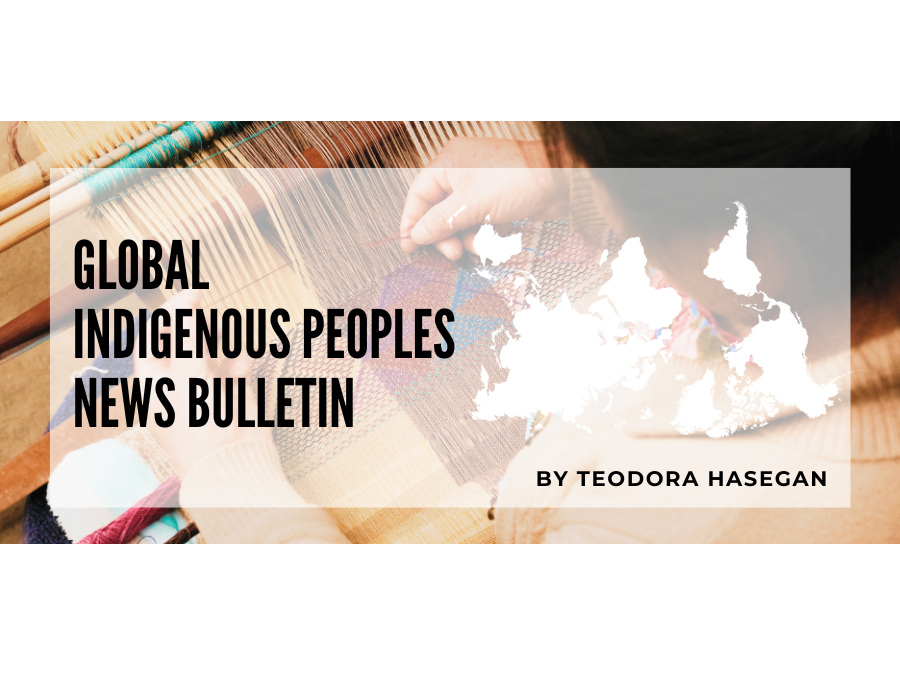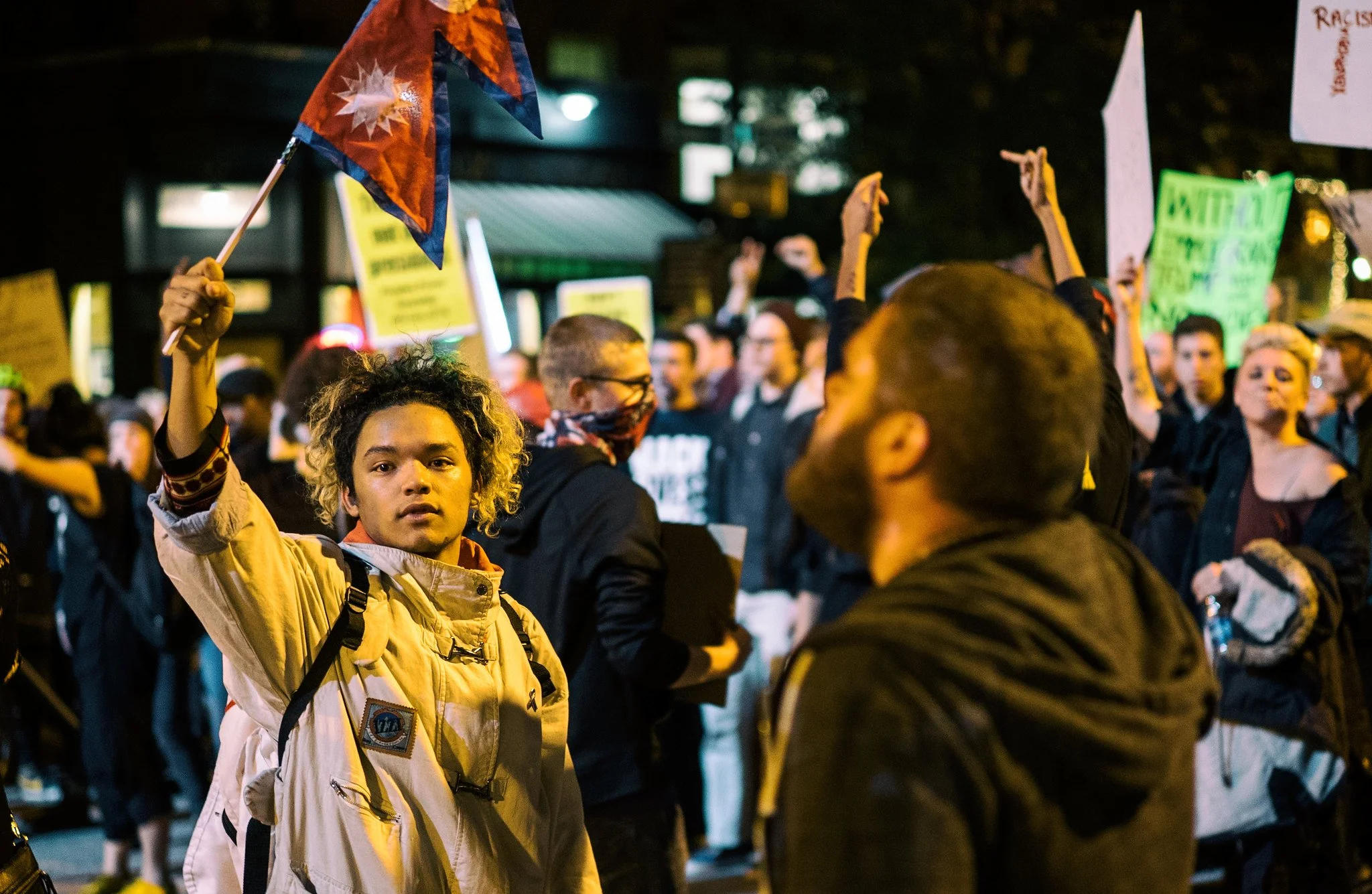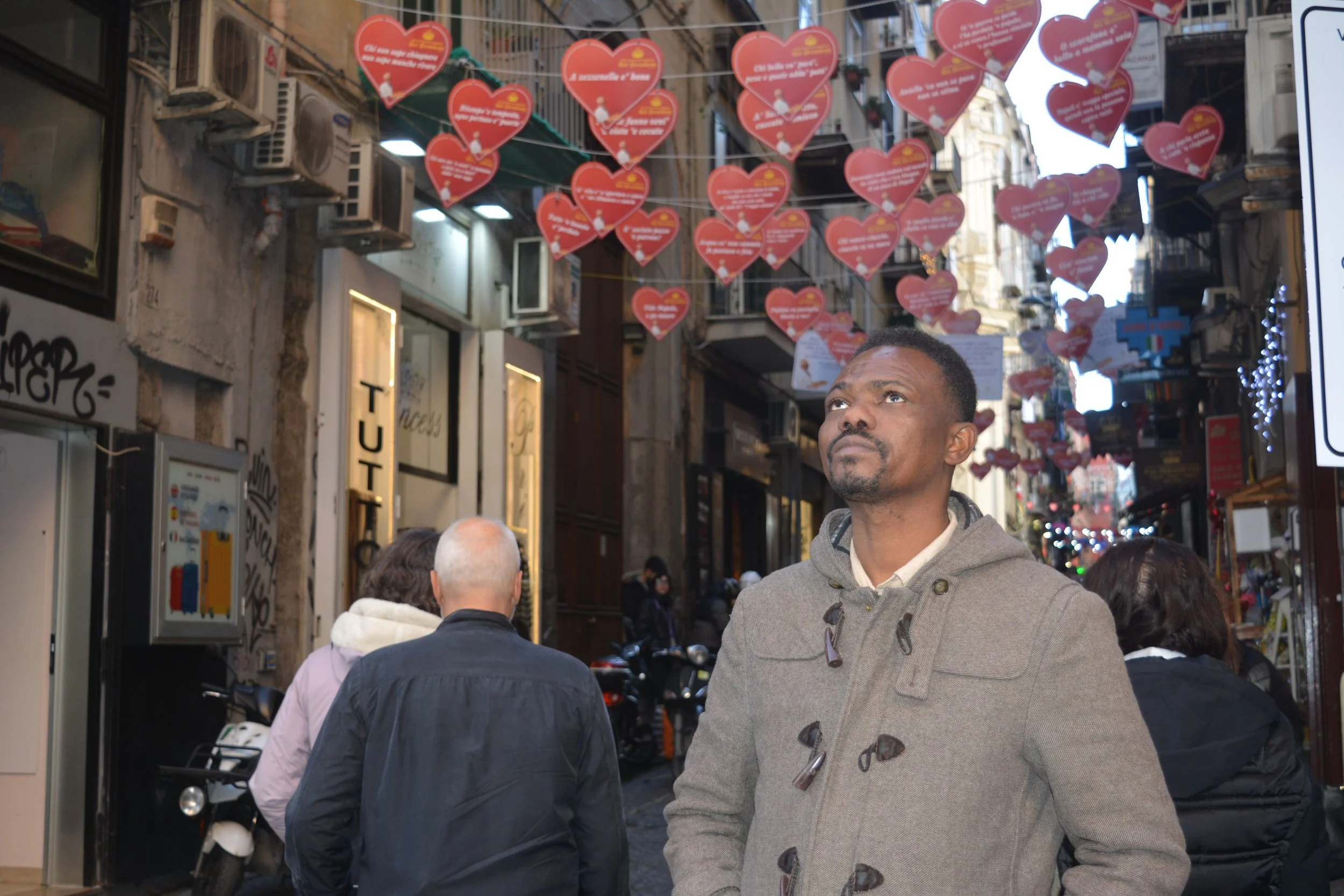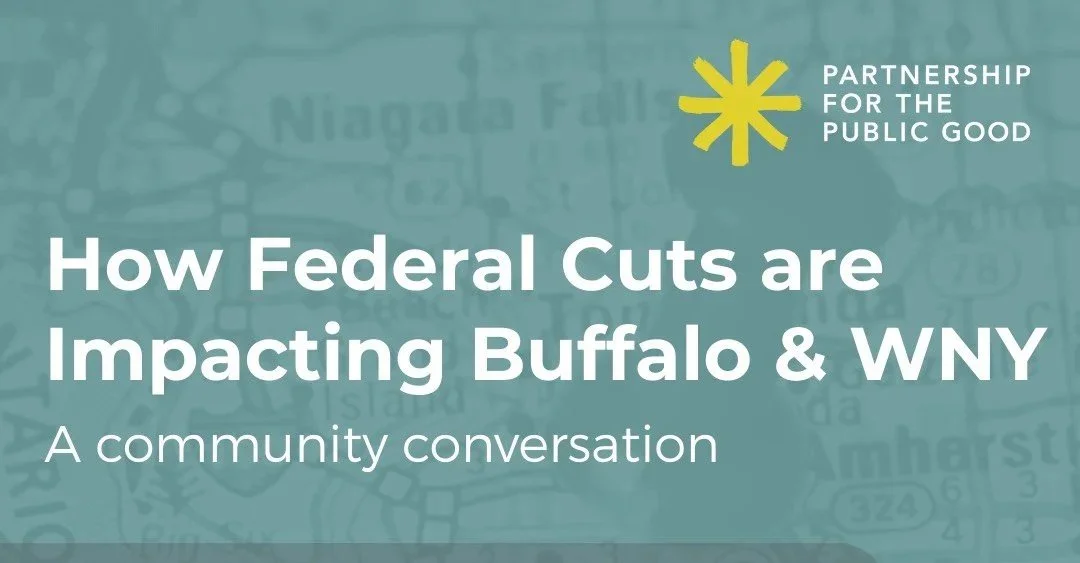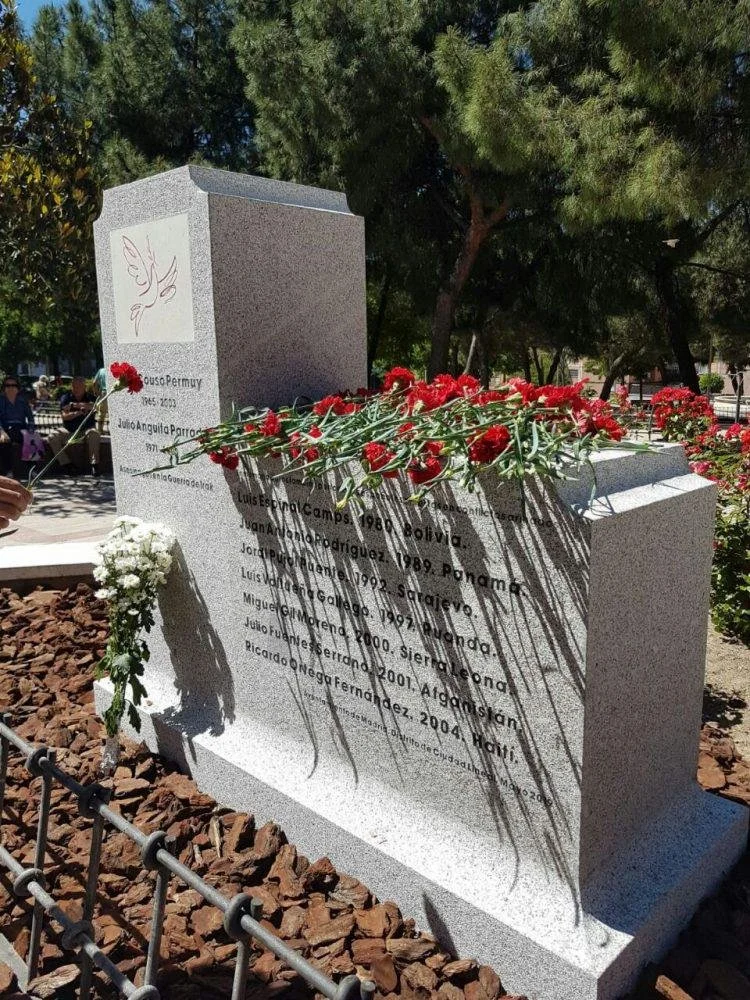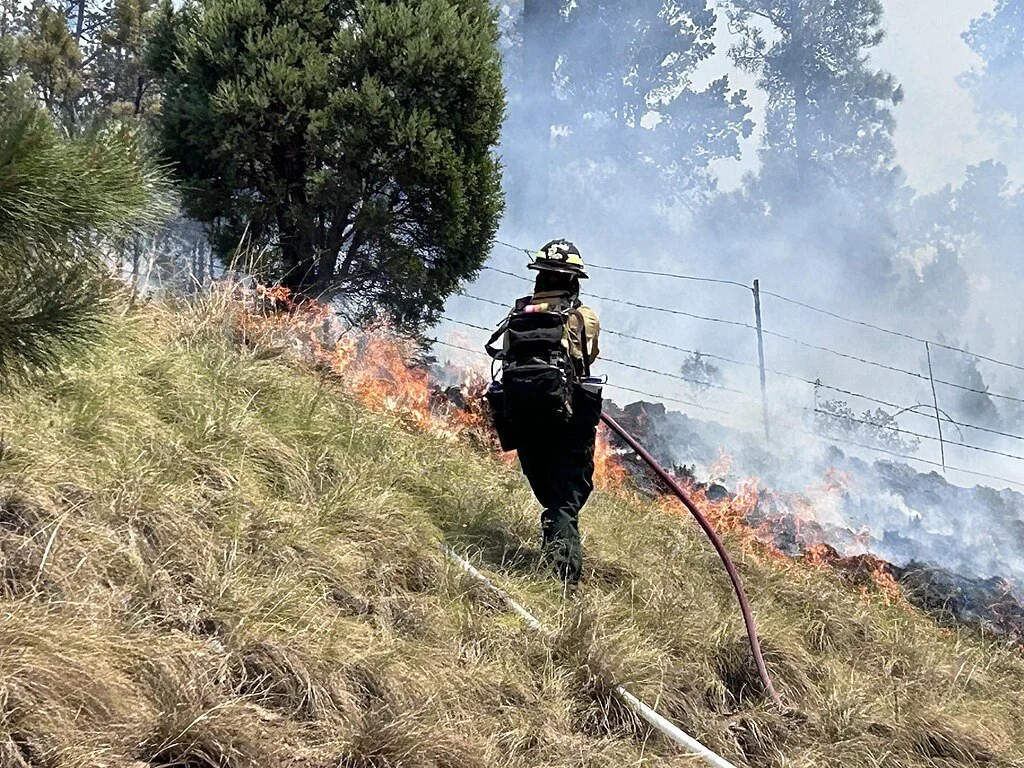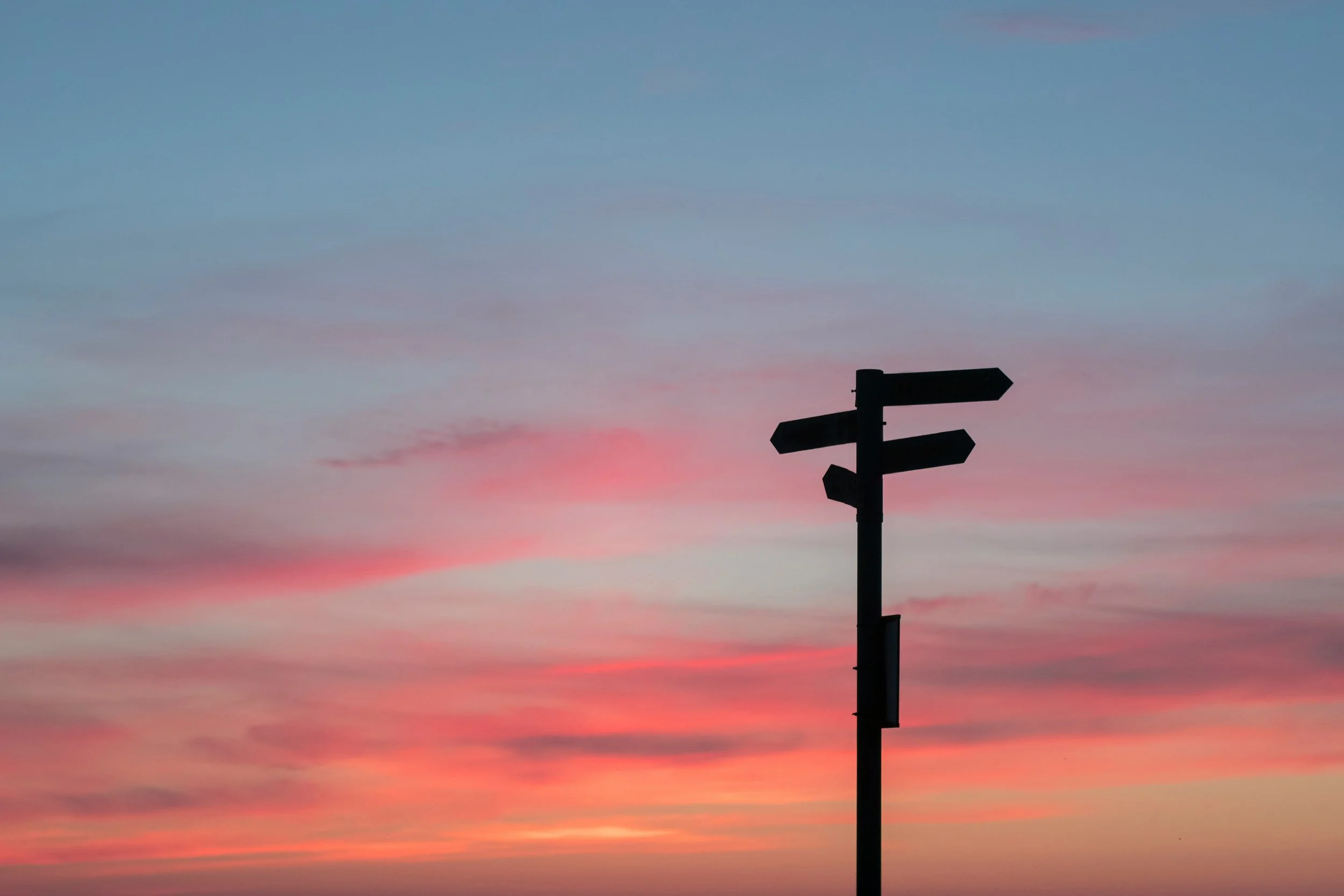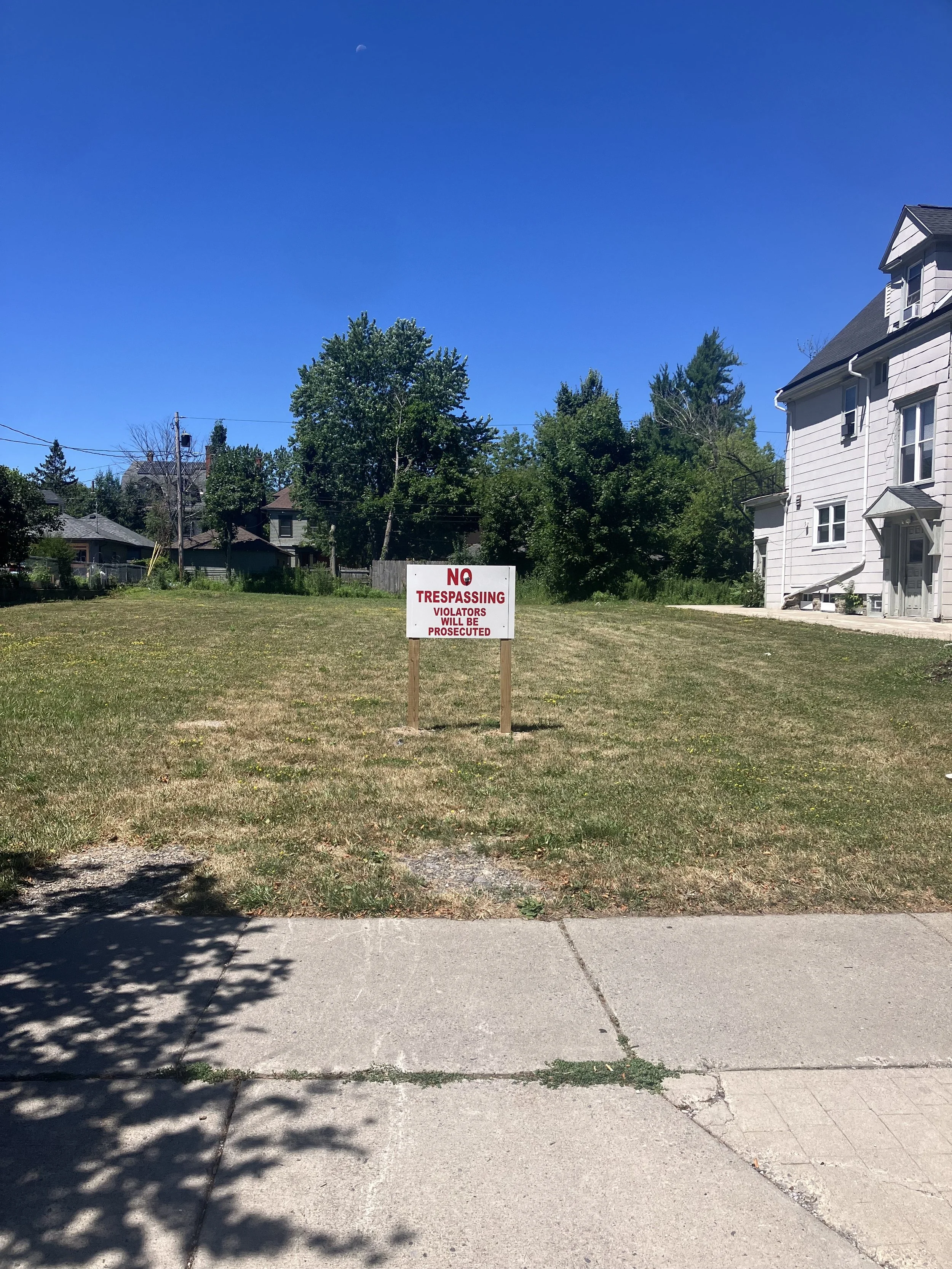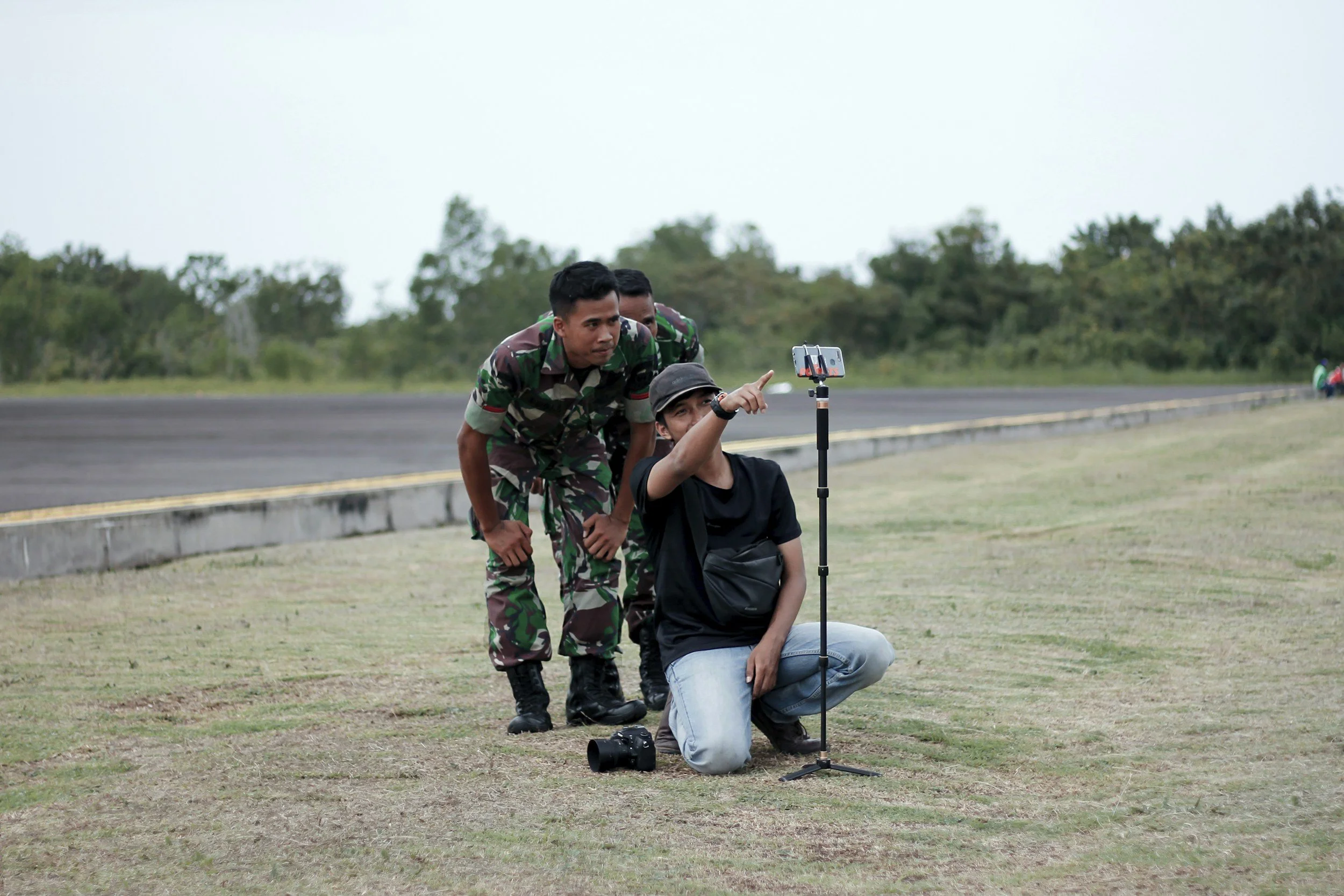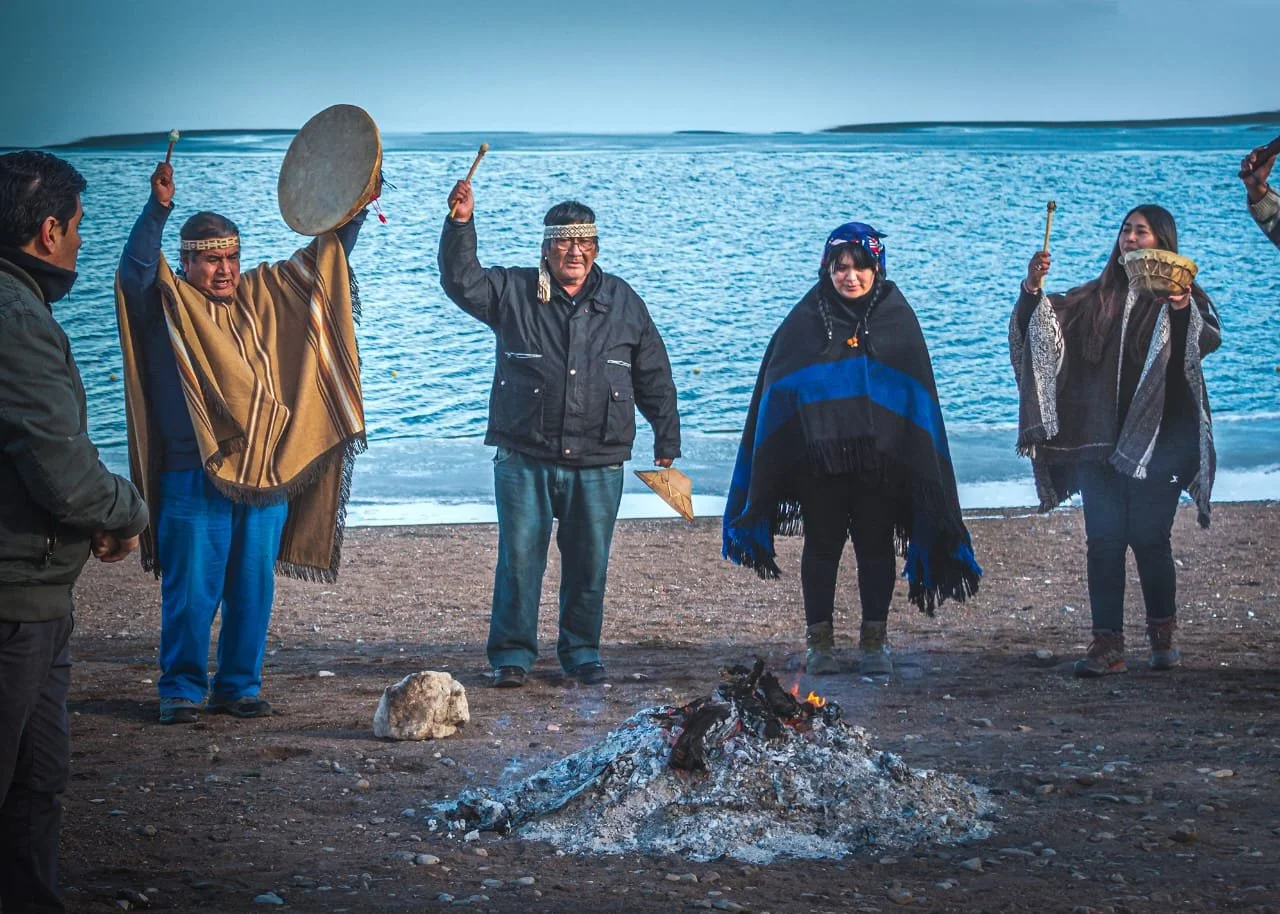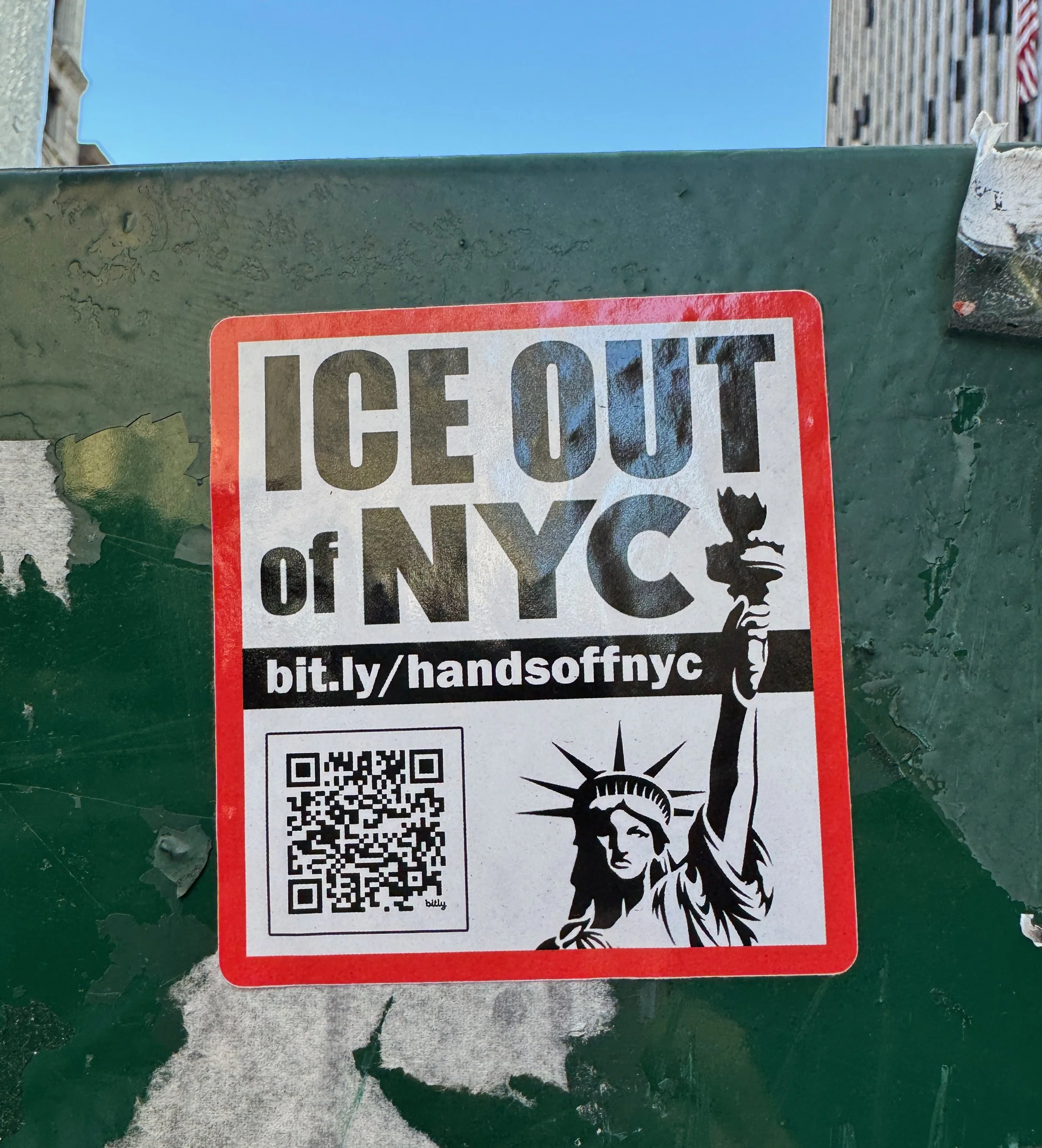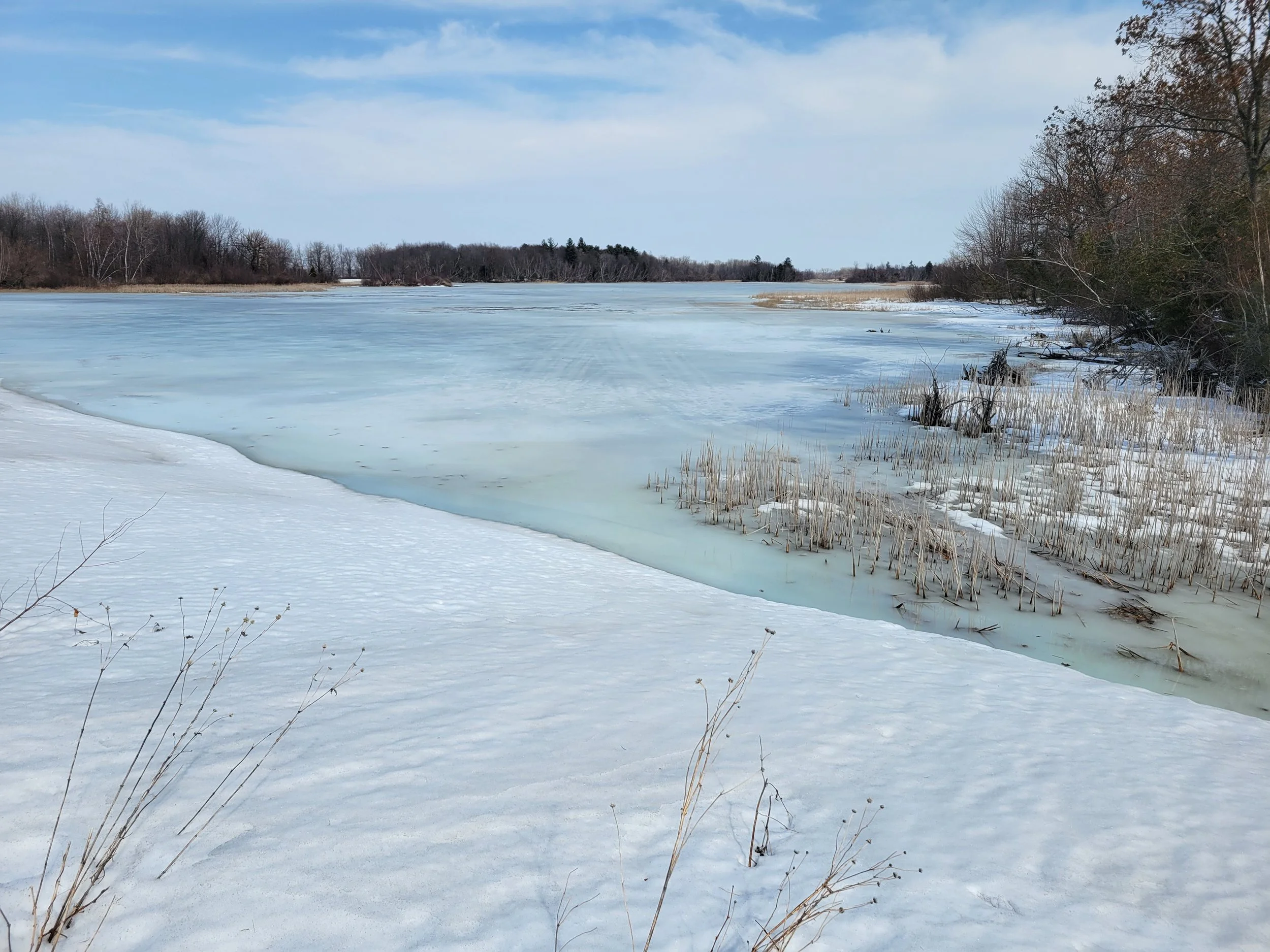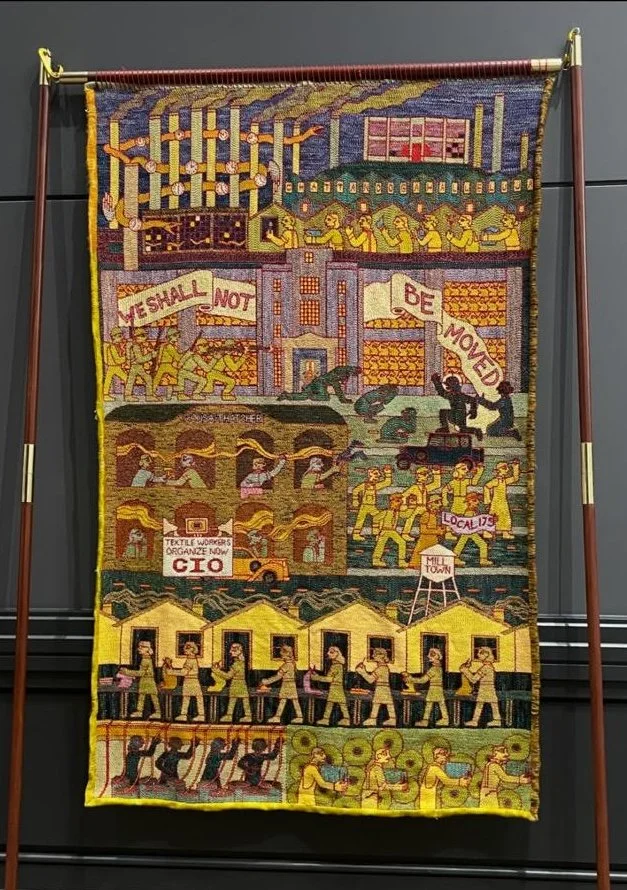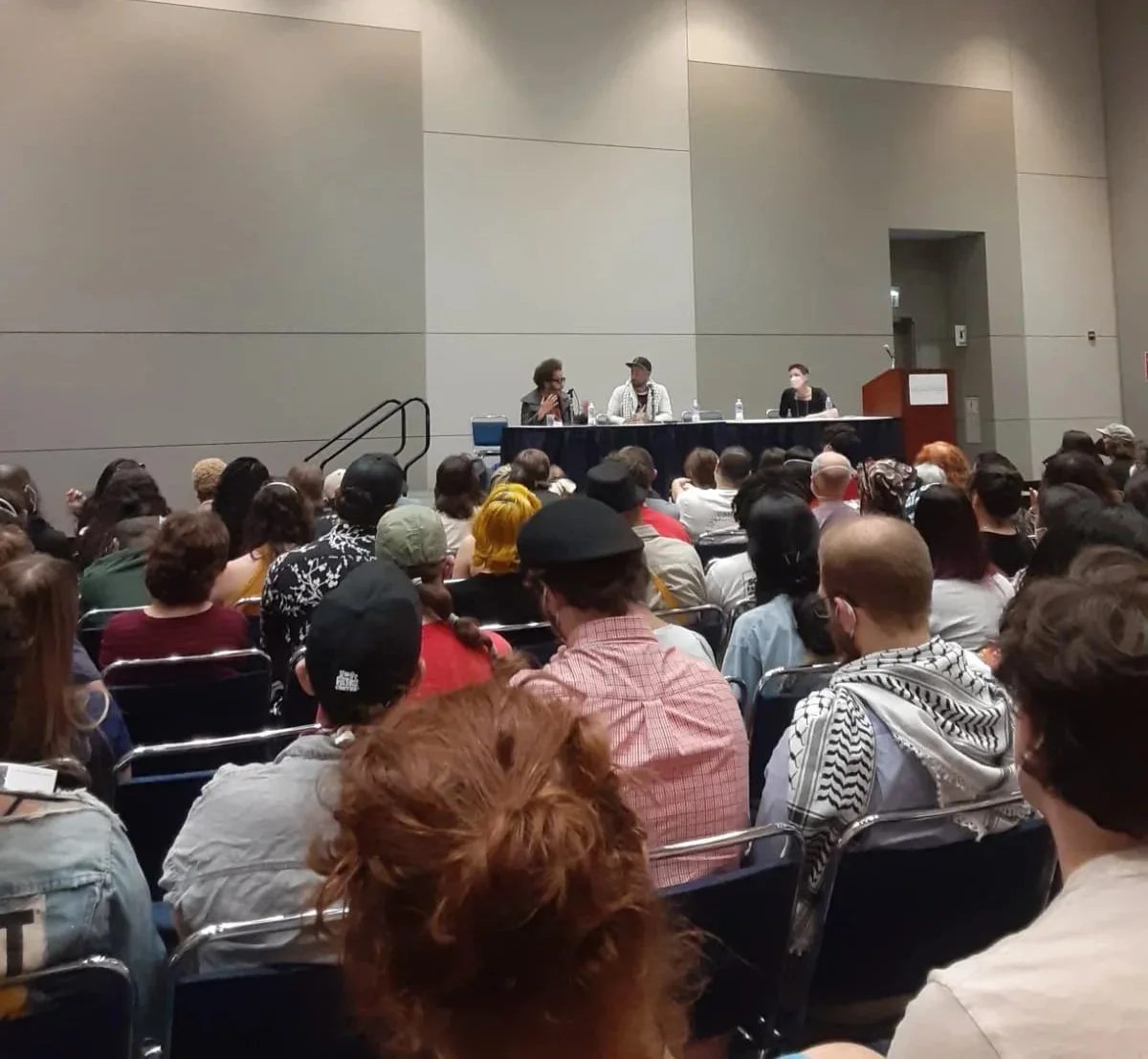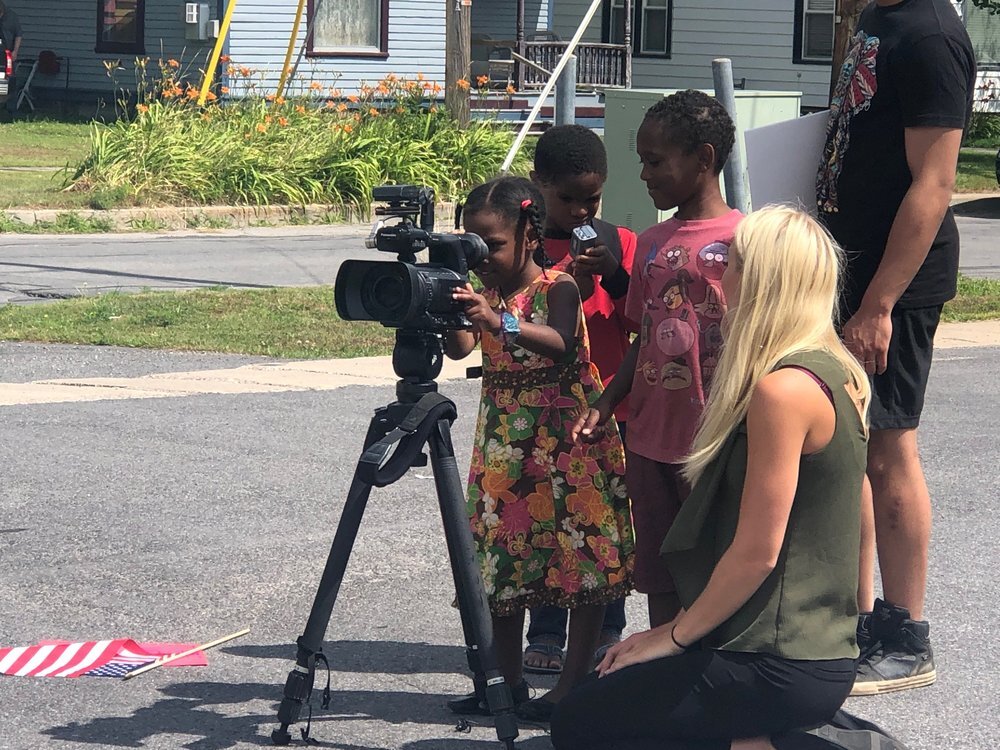
Stories
News

Analysis
Voices
Podcast
Announcements
Events

All Stories
Interweaving with Hanif Abdurraqib: “To know that I cannot move the world on my own means that I can’t be silent”
By Nicole Roché
On the morning of October, 11, 2018, poet and essayist Hanif Abdurraqib spoke with students on the St. Lawrence University campus, where the subjects ranged from Kanye West to Black Lives Matter to Abdurraqib’s extensive sneaker collection. After the Q&A, Nicole Roché, who teaches a class about storytelling and identity in the first-year program at St. Lawrence, interviewed Abdurraqib about his work and about his experiences talking with young people in America.
Surviving PWIs for POCs: Two Too Many
By Jarrodd Davis
Jarrodd Davis on the Mayweather vs. McGregor fight: "What had I gotten myself into? We gathered in a white space to watch America’s race relations play out on a literal stage and in real time."
Surviving PWIs for POC: Keeping Up Appearances
By Cordenne Brewster
"I still felt skepticism when someone told me there was no racism in Massachusetts, even after they had told me the white supremacists I had heard about '[weren’t] a big deal,'” Cordenne Brewster writes in the first entry of Surviving PWIs for POC, a new series from Weave News.
Covering the Margins, Part III: Racial Normalization in Buffalo
By Kali Villarosa
In the third installment of her Covering the Margins project, supported by a fellowship from the NY6 Upstate-Global Collective, Kali Villarosa takes a close look at news coverage of problems affecting African American communities on Buffalo's East Side. She finds a significant difference between the coverage provided by the city's two most influential news outlets (WBFO and The Buffalo News, respectively), on the one hand, and the city's African American newspaper (The Challenger Community News), on the other. The latter outlet, she argues, "stands as the guide for what should be incorporated into the more mainstream outlets and also points us toward the realization that individuals themselves must question their news sources, their content, and the impact of these coverage patterns on their city."
Covering the Margins, Part 1: From Buffalo to Ahmedabad
By Kali Villarosa
In the first of her series comparing news coverage of urban marginalization, Kali Villarosa introduces us to two cities on opposite sides of the world that share important patterns in how marginalized communities are represented: Buffalo (NY) and Ahmedabad (India).
Interweaving: Gene Grabiner on Police Reform in Buffalo and Beyond
By Steve Peraza
In the latest installment of our ongoing Interweaving series of in-depth conversations, Weave News reporter Steve Peraza speaks with Dr. Gene Grabiner, a SUNY distinguished service professor emeritus whose work addresses issues of social justice and social class. Their discussion focused on policing and the possibilities for meaningful police reform, particularly in Buffalo, NY.
Jim Crow on Campus, Episode 2: "Ashley"
By Erin Corbine
In this episode of Jim Crow on Campus, reporter Erin Corbine sits down with “Ashley.” Ashley, who’s using an alias out of fear of retaliation from police and the administration, is a senior at SUNY Canton. She sheds light on her experiences involving University Police. In this episode, we gain insight into the officers’ strategic circumvention of the Fourth Amendment - the freedom from unreasonable search and seizure.
Jim Crow on Campus, Episode 1: "Tyreek"
By Christian Exoo
In the first episode of the new Jim Crow on Campus podcast series, reporter Erin Corbine talks to student Tyreek Alicea about his experiences with the SUNY Canton police. We learn what additional powers SUNY Canton police have over students, how they use them, what a “module” is, and Tyreek’s tips for not attracting the attention of the cops.
Why I'm Reclaiming My Asian Racial Identity in Trump's America
By Nicole Eigbrett
In the past week, people who identify as Women, Muslims, Disabled, LGBTQ+, Immigrants, Black, Asian, Latinx, and anyone else in between have faced a startling rise in hate threats, visual statements, and actual assault. Insanul Ahmed, a Brooklyn-based music editor, collected an ongoing Twitter list of racist accounts towards people of color in the first day following the election. The Southern Poverty Law Center launched a #ReportHate portal for citizens and witnesses to submit incidences of hateful harassment and intimidation. As of November 11, over 200 incidences were directly reported. That number is bound to rise. Not that these threats didn’t exist before, but the reactionary nature and hyper-visibility of these recent incidents are directly tied to the election of Trump.
The Pledge of Resistance in Buffalo, NY
By Steve Peraza
This article is the first contribution to Beyond Broken Windows, a new Weave News project that explores the impacts of the “broken windows” style of policing, which encourages police officers to use arrests and citations to regulate outward signs of disorder (like broken windows). The project will also examine reform initiatives and issue campaigns nationwide that seek to implement alternative styles of policing.
Are Comparisons of South Africa and Israel Useful?
By Jon Soske and Sean Jacobs
This post is part of our project, Holot: Crossroads of Global Violence. It was originally published by Mondoweiss and is reprinted here with permission of the authors.
The South African Nobel laureate J.M. Coetzee has a habit of speaking in rhetoricals. The effect, however, is that he makes his point quite clearly. This was the case recently at the Palestine Festival of Literature, which travels through Israel and the occupied Palestinian territories. Speaking on the festival’s last day, Coetzee noticed that “naturally people ask me what I see of South Africa in the present situation in Palestine.”
At first, Coetzee suggested that using the word apartheid to describe the occupation is not a productive step (“it diverts one into an inflamed semantic wrangle which cuts short the opportunities of analysis”). Coetzee then offered a definition of South African apartheid: “Apartheid was a system of enforced segregation based on race or ethnicity, put in place by an exclusive, self defined group in order to consolidate colonial conquest particular to cement its hold on the land and natural resources.” He continued, “In Jerusalem and the West Bank we see a system of …” and proceeded to read the same definition, ending to applause: “Draw your own conclusions.”
Interweaving: Somdeep Sen on Race, Fieldwork, and Colonization in Israel/Palestine
By John Collins
As part of our occasional series of “Interweaving” conversations, I recently had the opportunity to interview Dr. Somdeep Sen, a Weave News blogger and postdoctoral researcher at the University of Copenhagen, regarding a number of issues related to his field research in Palestine/Israel. Our conversation touched on his experience of the politics of race and violence while in the field as well as his first-hand observations from Jerusalem and the West Bank regarding the current state of Israel's settler-colonial project.

